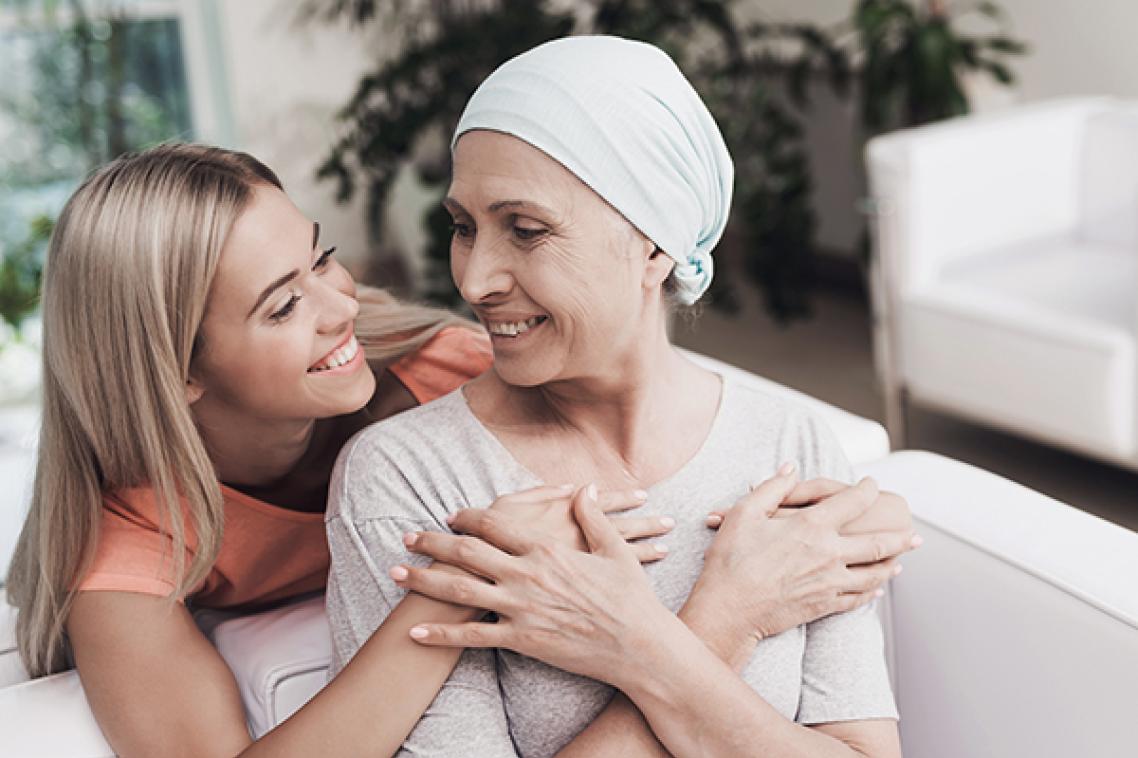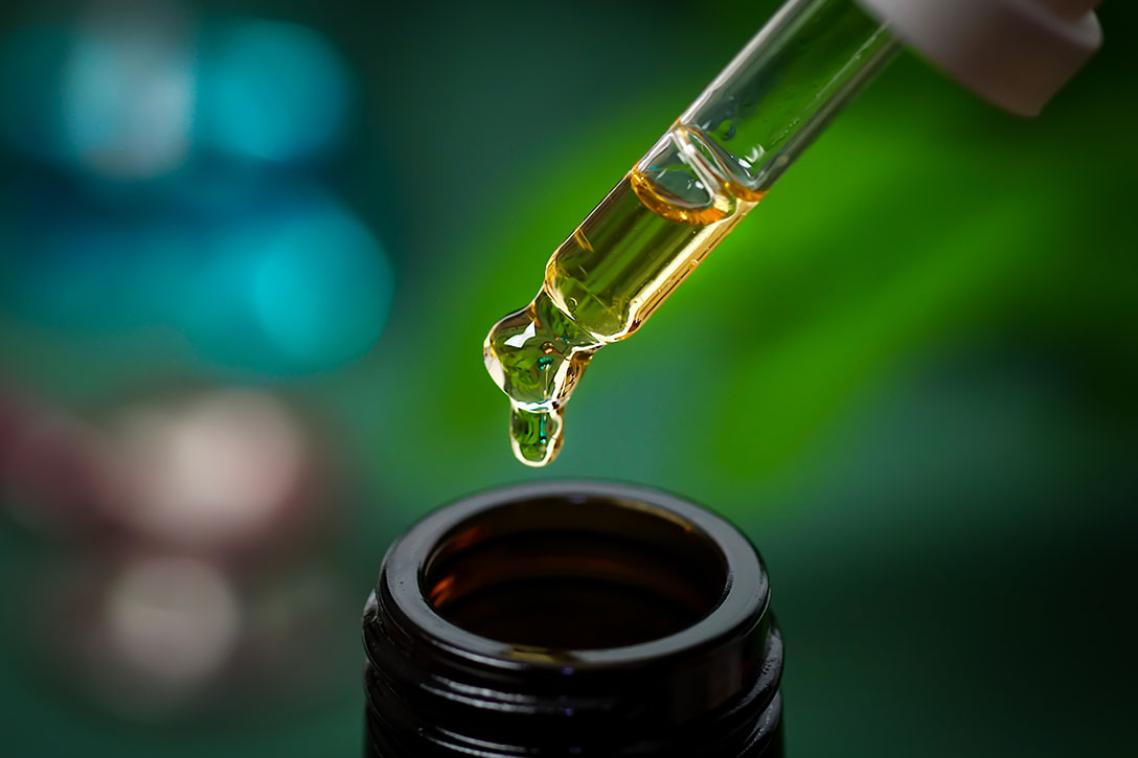Fine-tuning treatment for triple-negative breast cancer

Researchers at the University of Queensland may have found a way to improve treatment of triple-negative breast cancer.
The team found that triple-negative breast tumours with the highest energy usage respond best to chemotherapy because the ‘recycling stations’ that deal with metabolic by-products, called proteasomes, also make cancer more ‘visible’ to the immune system.
Lead researcher Dr Jodi Saunus said the discovery could improve a patient’s response to treatment of the aggressive cancer.
“Previous research has indicated that inhibiting proteasomes could be effective in triple-negative breast cancer, but we have found the opposite to be true,” Dr Saunus said.
“If we can figure out how to boost the activity of tumour proteasomes, we could improve the effectiveness of chemotherapy, and potentially increase the prospects for immunotherapy.”
Until recently, chemotherapy has been the main drug therapy for triple-negative breast cancer, but research now suggests immunotherapy – which activates the body’s in-built cancer defences – may also work.
Triple-negative breast cancer is negative for three receptors commonly found in breast cancer cells – oestrogen, progesterone and HER2 receptors.
This means hormone therapies are ineffective and treatment usually involves surgery, radiotherapy and cytotoxic chemotherapy that produce harrowing side-effects.
It affects 15 per cent of patients and is one of the most severe breast cancers because it tends to grow and spread faster, with many patients experiencing relapse in the lungs, liver or brain.
Dr Saunus’ research team analysed the molecular features of 3,500 breast tumours over two years to make this finding.
With funding from the National Breast Cancer Foundation, the team is working on the next phase of the research, which it hopes will lead to the development of experimental ‘cancer vaccines’ that can help the immune system fight the cancer if it spreads to the brain.
This study was conducted in collaboration with the University of Adelaide and published in the journal, Life Science Alliance (DOI: 10.26508/lsa.201900562).
It would not have been possible without support from the Brisbane Breast Bank, Pathology Queensland, and the thousands of patients around the world who donate tissue and clinical data for research purposes.
Media: Dr Jodi Saunus, uqjsaunu@im.uq.edu.au; Faculty of Medicine Communications, med.media@uq.edu.au, +61 7 3365 5118, +61 436 368 746.
Topics
Related articles

Staying physically active cuts risk of early death by 40 per cent

Medicinal cannabis is big business. But the latest clampdown won’t curb unsafe prescribing
Media contact
UQ Communications
communications@uq.edu.au
+61 429 056 139
